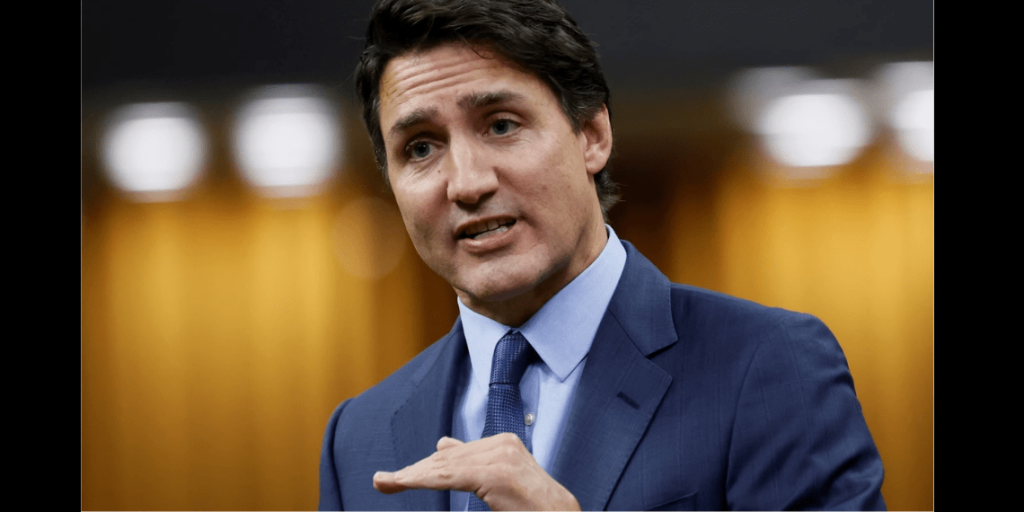India-Canada Partnerships Continue Amid Nijjar Probe:
Canada’s Defense Minister, Bill Blair, has emphasized the importance of Canada’s relationship with India and suggested that Canada will continue to pursue various partnerships, including the Indo-Pacific strategy, despite the ongoing investigation into allegations related to the murder of Khalistani terrorist Hardeep Singh Nijjar. He stated that if the allegations are proven true, there would be significant concerns about a violation of Canadian sovereignty in the murder of a Canadian citizen on Canadian soil.
Tensions between India and Canada escalated after Canadian Prime Minister Justin Trudeau made allegations of potential involvement by Indian agents in Nijjar’s killing on Canadian soil. India had designated Nijjar as a terrorist in 2020, and the allegations were rejected by India as absurd and motivated. In response, India expelled a senior Canadian diplomat in a tit-for-tat move following Ottawa’s expulsion of an Indian official in connection with the case.
To address security concerns, Canada increased security measures outside the Indian High Commission in Ottawa and Indian consulates in Toronto and Vancouver. Protests organized by the banned terrorist organization Sikhs for Justice targeting Indian diplomats prompted these security measures.
Canadian authorities also took action to remove anti-India posters and hoardings outside a gurdwara in British Columbia and instructed against the use of loudspeakers for anti-India radicalization. The SFJ had also threatened Hindus living in Canada, but unity was emphasized by groups like the Hindu Sikh Unity Forum Canada.
Canada had been seeking deeper trade, defense, and immigration ties with India before the allegations were raised. In the interview, Minister Blair expressed that Canada acknowledges the challenges these allegations pose to its relationship with India but stressed the responsibility to uphold the law, protect citizens, and conduct a thorough investigation.

Minister Blair reaffirmed the significance of the Indo-Pacific strategy for Canada, which has led to increased military presence in the region and commitments for additional patrol capabilities. This strategy includes a financial commitment of $492.9 million over five years for military priorities out of a total budget of nearly $2.3 billion over the same period.
Also read: ED doesn’t call Kavitha Until November 20 in Delhi Excise Policy Case

